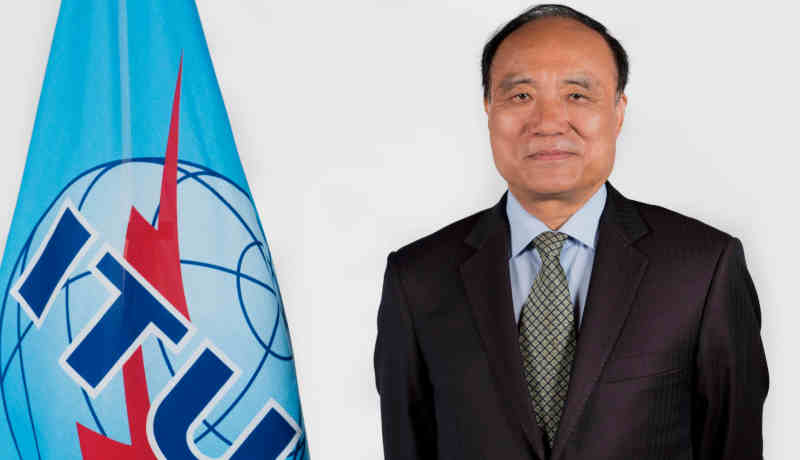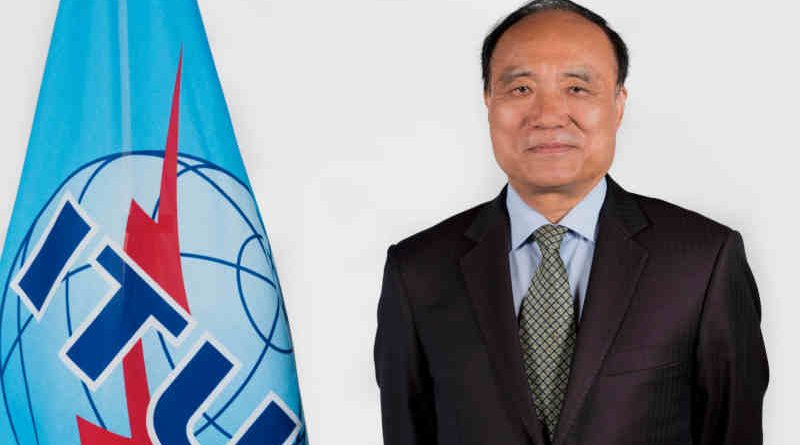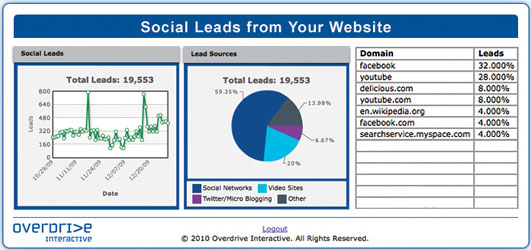ITU Digital Skills Insights to Help Bridge the Digital Divide

The International Telecommunication Union (ITU) has released the 2020 edition of “Digital Skills Insights”, a collection of articles by international experts on the impact of digital transformation on capacity and skills development.
In eight articles, the publication reviews the interrelationship between digital connectivity and digital skills, as well as the correlation with education, gender, digital divides and the transformative aspects within the labour market.
None of these should be addressed in isolation but be part of a holistic approach to ensure countries’ successful transition to a digital economy.
“Digital Skills Insights” 2020 provides a body of knowledge that will facilitate academic research and innovation; inform policy debates and decisions among policy-makers and regulators; and help the private sector to anticipate and plan for human capital requirements and skills.
“The vital importance of digital skills to achieve the Sustainable Development Goals has been brought into sharp perspective during the Covid-19 crisis,” said Houlin Zhao, ITU Secretary-General. “The expert contributions in ‘Digital Skills Insights’ are helping to ensure that digital skill gaps do not exacerbate existing inequalities.”
According to ITU data, in 2019, 46 per cent of the world population was not using the Internet. This number increases to almost 80 per cent in least developed countries. A large majority of the global population (93 per cent) lives in an area covered by at least a 3G mobile signal/service. However, the lack of skills is a barrier for many to use the Internet’s full potential.
How to address digital skills gaps
“Digital Skills Insights” provides concrete suggestions and recommendations on how some of these challenges can be addressed to better understand and bridge the digital divide, such as:
- Governments, businesses, educational systems and society need to work together to support a dynamic workforce and constantly redefine the skills demanded by future jobs.
- Further training and retraining will be necessary since employees will have to engage in lifelong learning if they are to be capable of responding to changes in skills requirements triggered by automation and digitization.
- Data literacy among citizens should be tackled by policy makers and practitioners through targeted data literacy programmes to enhance citizens’ abilities to participate in the digital society.
- In sub-Saharan Africa, building human capital, specifically in digital skills, is critical for the region to leverage the benefits of the digital economy.
- Female participation in digital skills capacity development programmes can be increased by including more women in the programme design, reaching out to parents and community leaders in the recruitment of participants, and engaging female career role models.
- Bridging the digital gender gap relies on gender-responsive ICT policy and therefore the digital capabilities of policy-makers need to be strengthened for them to better understand the barriers to Internet access women face, and to equip them with the tools to promote more gender-inclusive public policy.
The publication is available on the ITU Academy platform. The ITU Academy is the main online gateway to ITU’s capacity development activities.





